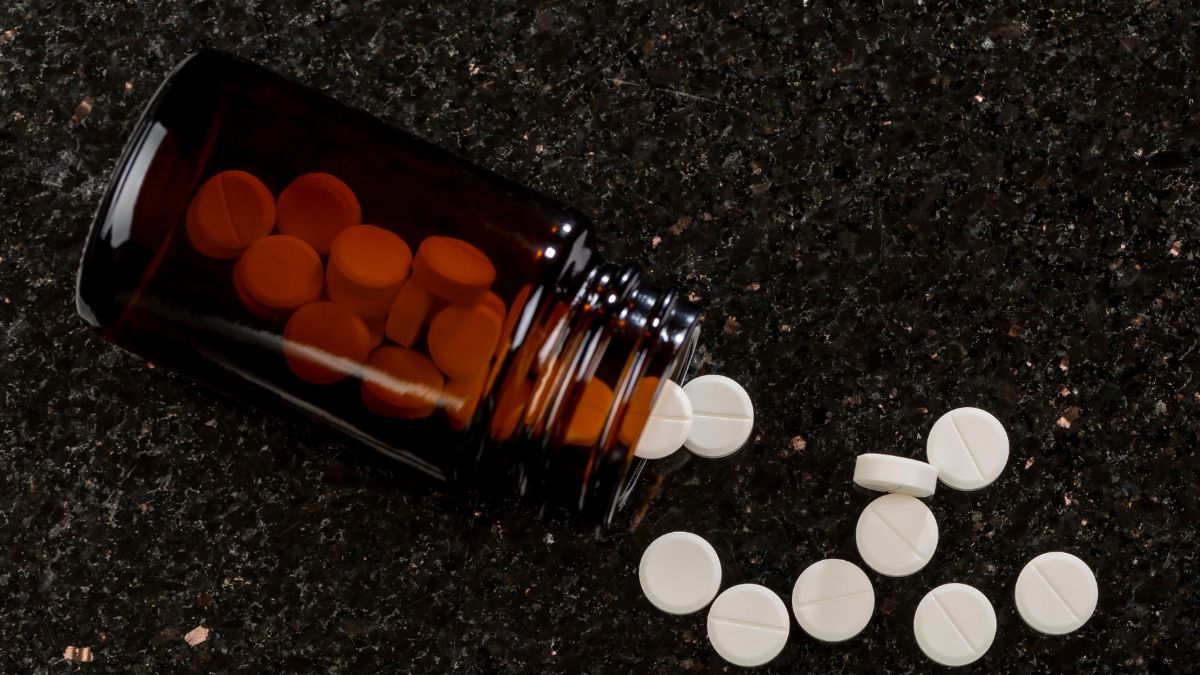Louisiana Attorney General Liz Murrill and a Louisiana woman who survived abortion pill poisoning have filed a lawsuit against the U.S. Food and Drug Administration (FDA) seeking to end the Biden administration's mail-order permissions for mifepristone, a drug used in abortions.
Explainer Louisiana Demands FDA End ‘Illegal’ Mail-Order Abortion Pills
Louisiana is recognized as one of the most pro-life states in the U.S., having enacted a prohibition on both surgical and chemical abortions. In 2024, the state reclassified the drug regimen responsible for a significant number of abortions as controlled dangerous substances and passed legislation aimed at protecting women from abortion pill poisoning.
The lawsuit highlights the case of Catherine Herring and her unborn daughter, Josephine, who survived an attempted poisoning with mifepristone. Herring's ex-husband allegedly drugged them with the medication, which he obtained from Mexico. They survived due to abortion pill reversal treatment.
The lawsuit also mentions Rosalie Markezich, a Louisiana resident who reportedly became a victim of the FDA's mail-order abortion scheme in October 2023. Markezich's boyfriend allegedly coerced her into taking mifepristone, which he ordered from an out-of-state doctor. Although she initially wanted to continue her pregnancy, she felt immense pressure and ultimately ingested the drug.
Markezich reportedly experienced physical pain, heavy bleeding, and emotional trauma following the ingestion of the abortion drug. The lawsuit claims that she is not alone, as state doctors and pregnancy centers have reported numerous cases of women suffering from side effects related to the abortion drug regimen, which is estimated to account for thousands of abortions in Louisiana each year.
Research indicates that a significant percentage of abortions—around 70%—are believed to be unwanted, coerced, or inconsistent with the mother's values. Furthermore, studies suggest that serious complications from mifepristone abortions may occur at rates much higher than those reported by the FDA and the drug's manufacturer, Danco Laboratories.
The lawsuit also notes that a California doctor who prescribed the drugs involved in Markezich's case faces an arrest warrant for his alleged role in the poisoning. The filing asserts that such conduct violates Louisiana's abortion laws and undermines the state's ability to protect unborn lives.
The lawsuit claims that pro-abortion activists and doctors from states like California and New York are mailing FDA-approved abortion drugs to Louisiana residents, which it describes as unlawful. This practice reportedly intensified following the Supreme Court's decision in Dobbs v. Jackson, which allowed states to impose stricter abortion regulations.
The Biden administration's policies are criticized in the lawsuit for allegedly facilitating this mail-order scheme by relaxing regulations established during the Obama administration. The lawsuit argues that the distribution of mifepristone by mail is linked to numerous losses of unborn life and ongoing medical emergencies for women in Louisiana.
The U.S. Supreme Court previously declined to rule on the legality of the Biden-era expansion of abortion pill access, citing a lack of standing from pro-life plaintiffs. However, Justice Brett Kavanaugh's majority opinion indicated that the court might consider a stronger challenge in the future.
The lawsuit concludes by emphasizing the seriousness of the case and the potential illegality of the Biden administration's actions regarding mifepristone. Marjorie Dannenfelser, president of SBA Pro-Life America, expressed support for the lawsuit, urging the FDA to take immediate action to protect Americans from life-ending drugs.
Recently, 51 U.S. Senators called on the Department of Health and Human Services and the FDA to review previous abortion drug regulations established by Democratic administrations. The FDA has also approved a generic version of mifepristone, which critics argue normalizes abortion access.
Jordan Boyd is a staff writer at The Federalist and has contributed to various media outlets. She graduated from Baylor University with a degree in political science and a minor in journalism.
Why it matters
- The lawsuit aims to challenge the Biden administration's mail-order permissions for mifepristone, citing safety concerns and alleged violations of Louisiana's abortion laws.
- It highlights personal stories of women affected by mifepristone, emphasizing the risks and coercion involved in its use, which may resonate with pro-life advocates.
- The case reflects broader tensions between state and federal abortion regulations, particularly following the Supreme Court's decision in Dobbs v. Jackson.
- The lawsuit seeks to protect unborn lives and address reported medical emergencies linked to the abortion pill regimen in Louisiana.
What’s next
- The FDA is urged to review abortion drug regulations in light of the lawsuit and recent calls from 51 U.S. Senators.
- Ongoing investigations into the distribution of mifepristone by out-of-state providers may intensify following this legal action.
- The case could prompt further legal challenges against the Biden administration's abortion policies.
